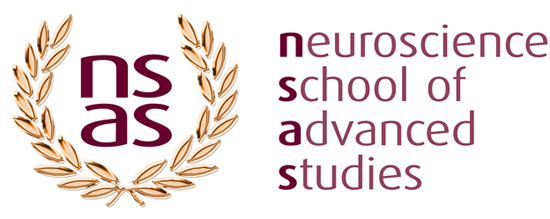Non-Coding RNA Therapeutics
June 23-27, 2024
Application for this Challenge Workshop is now closed
Director:
André Fischer, University of Göttingen & DZNE, Germany
Faculty:
David Henshall, FutureNeuro SFI Research Centre, Dublin, Ireland
Hermona Soreq, Hebrew University of Jerusalem, Israel
Gerhard Schratt, Federal Institute of Technology, ETH, Zürich, Switzerland
Mano Manoharan, Alnylam Pharmaceuticals, Cambridge, USA
André Fischer, University of Göttingen & DZNE, Germany
RNA-based therapeutics have emerged as a promising technology for combating diverse diseases, including those affecting the central nervous system. Drugs such as antisense-oligonucleotides (ASO) or siRNA are being developed to influence mRNA splicing or levels, impacting disease-associated proteins. Many RNA therapeutics are in development, and some have gained clinical approval. Another captivating avenue is exploring the non-coding RNAome as a potential novel drug target.
Traditionally, translational research has predominantly focused on the protein-coding part of the genome, leaving the non-coding portion, which constitutes 98.5% of the human transcriptome, relatively unexplored. This non-coding region was once dismissed as ‘junk’ or ‘dark matter’ of the genome. In other words, drug discovery programs have been concentrated on the 1.5% of the human genome that encodes proteins, many of which are considered ‘undruggable.’
However, emerging evidence highlights the pivotal regulatory roles of non-coding RNAs, such as microRNAs, circRNAs, and lncRNAs, in various cellular processes. Their dysregulation has been observed in brain diseases, opening new avenues for targeted therapies.
This Challenge Workshop brings together leaders in RNA therapeutics and non-coding RNA function within the central nervous system. We will address pressing challenges RNA therapeutics face in neuropsychiatric and neurodegenerative diseases, encompassing non-coding RNA functionality, RNA drug chemistry, immune system recognition, and RNA delivery.
